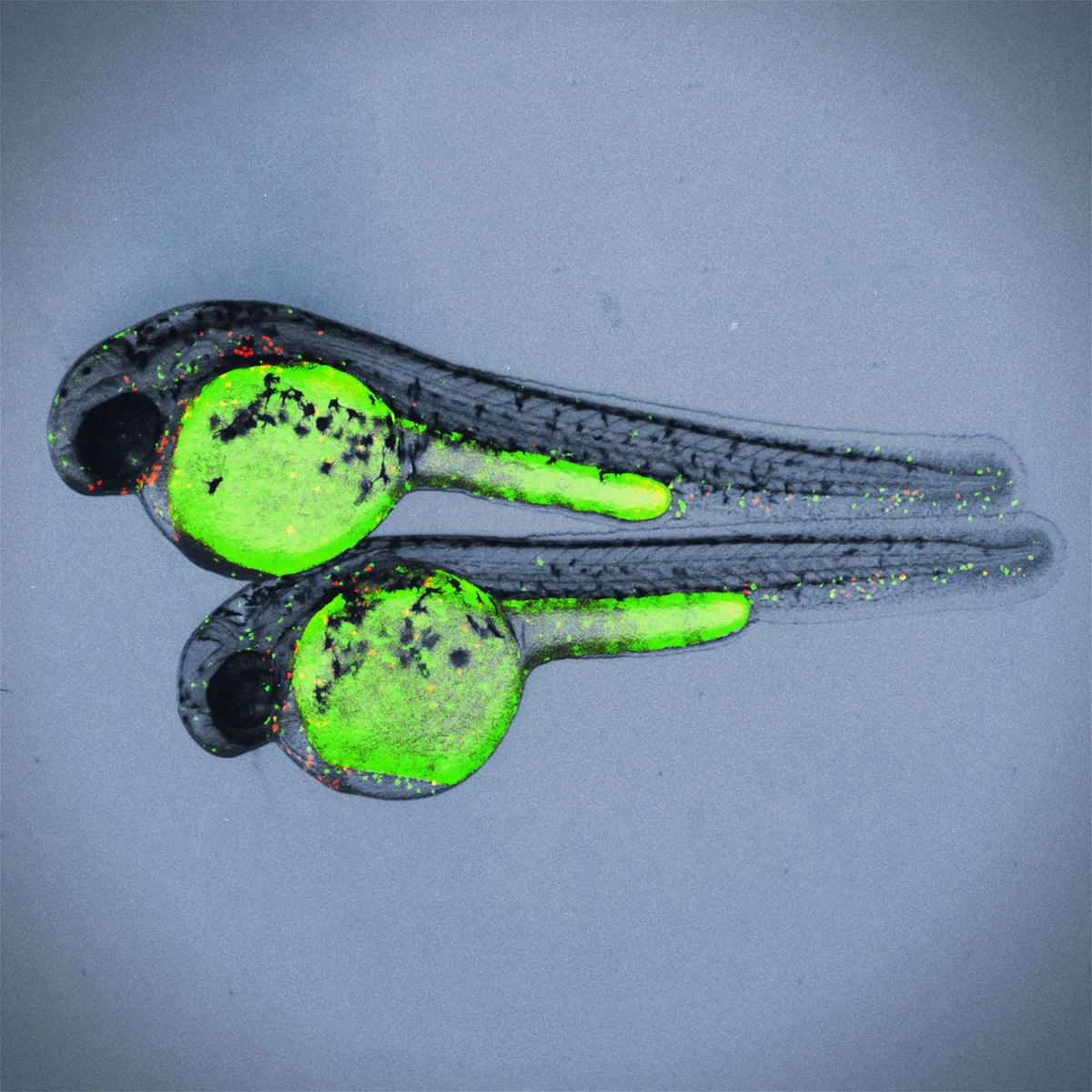
Systems Biology and Biotechnology 
Systems biology and biotechnology are used to design experiments at a systems-level, utilizing cutting edge techniques to collect and analyze data sets both small and large. Quantitative interpretation of the data is then used to further research. ▼
ADVERTISEMENT
Course Feature
![]() Cost:
Cost:
Free Trial
![]() Provider:
Provider:
Coursera
![]() Certificate:
Certificate:
No Information
![]() Language:
Language:
English
![]() Start Date:
Start Date:
Self Paced
Course Overview
❗The content presented here is sourced directly from Coursera platform. For comprehensive course details, including enrollment information, simply click on the 'Go to class' link on our website.
Updated in [March 06th, 2023]
This course provides an introduction to Systems Biology and Biotechnology. It covers topics such as Biology, Molecular Biology, Dynamical Systems, and Matlab. Students will gain an understanding of the fundamentals of Systems Biology and Biotechnology, and how they can be applied to solve real-world problems. The course will also provide an overview of the tools and techniques used in Systems Biology and Biotechnology, and how they can be used to develop new technologies. Finally, students will learn how to use Matlab to analyze and visualize data.
[Applications]
The application of this course in Systems Biology and Biotechnology can be seen in the development of new technologies and treatments for diseases. Students can use the knowledge gained from this course to develop new methods for understanding and manipulating biological systems. Additionally, the use of Matlab can be applied to analyze and visualize data from biological systems. Furthermore, the understanding of dynamical systems can be used to develop new treatments for diseases and to better understand the behavior of biological systems.
[Career Paths]
1. Bioinformatics Scientist: Bioinformatics scientists use computational methods to analyze and interpret biological data. They develop algorithms and software to analyze large datasets, such as genomic sequences, protein structures, and gene expression data. This field is rapidly growing, as the amount of biological data available continues to increase.
2. Molecular Biologist: Molecular biologists study the structure and function of molecules, such as DNA, RNA, and proteins. They use a variety of techniques, such as gene cloning, sequencing, and expression analysis, to study the molecular basis of biological processes. This field is becoming increasingly important as the understanding of the molecular basis of disease increases.
3. Systems Biologist: Systems biologists use mathematical and computational models to study the behavior of biological systems. They develop models to simulate the behavior of complex biological systems, such as gene networks and metabolic pathways. This field is becoming increasingly important as the understanding of the complexity of biological systems increases.
4. Biotechnologist: Biotechnologists use biotechnology to develop new products and processes. They use a variety of techniques, such as genetic engineering, fermentation, and cell culture, to develop new products and processes. This field is rapidly growing, as biotechnology is becoming increasingly important in the development of new drugs, diagnostics, and other products.
[Education Paths]
1. Bachelor of Science in Systems Biology: This degree program focuses on the application of systems biology to biotechnology. Students learn about the principles of molecular biology, dynamical systems, and the use of Matlab to analyze and interpret biological data. This degree program is becoming increasingly popular as it provides students with the skills and knowledge to develop new technologies and treatments for diseases.
2. Master of Science in Biotechnology: This degree program focuses on the application of biotechnology to solve problems in the life sciences. Students learn about the principles of molecular biology, genetics, and biochemistry, as well as the use of modern technologies such as gene editing and bioinformatics. This degree program is becoming increasingly popular as it provides students with the skills and knowledge to develop new treatments and technologies for diseases.
3. Doctor of Philosophy in Systems Biology: This degree program focuses on the application of systems biology to biotechnology. Students learn about the principles of molecular biology, dynamical systems, and the use of Matlab to analyze and interpret biological data. This degree program is becoming increasingly popular as it provides students with the skills and knowledge to develop new technologies and treatments for diseases.
4. Master of Science in Bioinformatics: This degree program focuses on the application of bioinformatics to solve problems in the life sciences. Students learn about the principles of molecular biology, genetics, and biochemistry, as well as the use of modern technologies such as gene editing and bioinformatics. This degree program is becoming increasingly popular as it provides students with the skills and knowledge to develop new treatments and technologies for diseases.
Course Provider

Provider Coursera's Stats at AZClass
Discussion and Reviews
0.0 (Based on 0 reviews)
Explore Similar Online Courses

Amazing People Share Nonprofit & Grant Writing Advice

The Essentials of Forex Fundamental Analysis

Python for Informatics: Exploring Information

Social Network Analysis

Introduction to Systematic Review and Meta-Analysis

The Analytics Edge

DCO042 - Python For Informatics

Causal Diagrams: Draw Your Assumptions Before Your Conclusions

Whole genome sequencing of bacterial genomes - tools and applications

Chemical Biology

Immunology Lecture 17 Complement System


Start your review of Systems Biology and Biotechnology